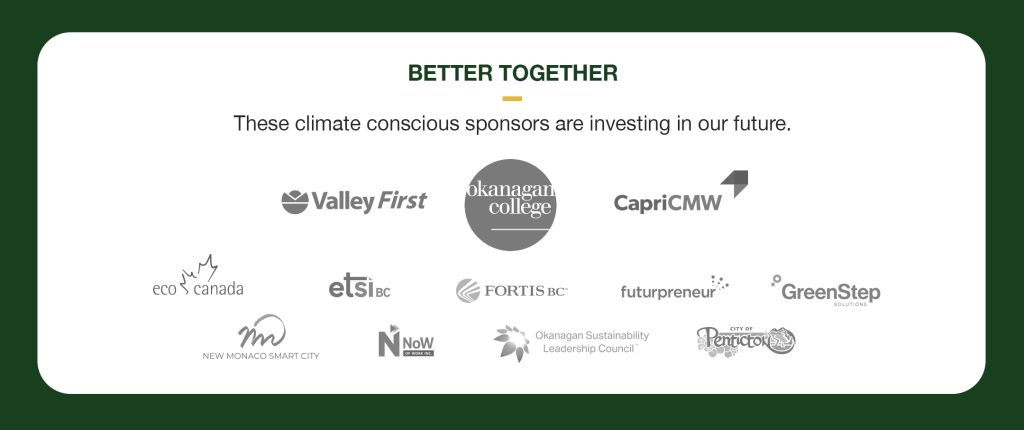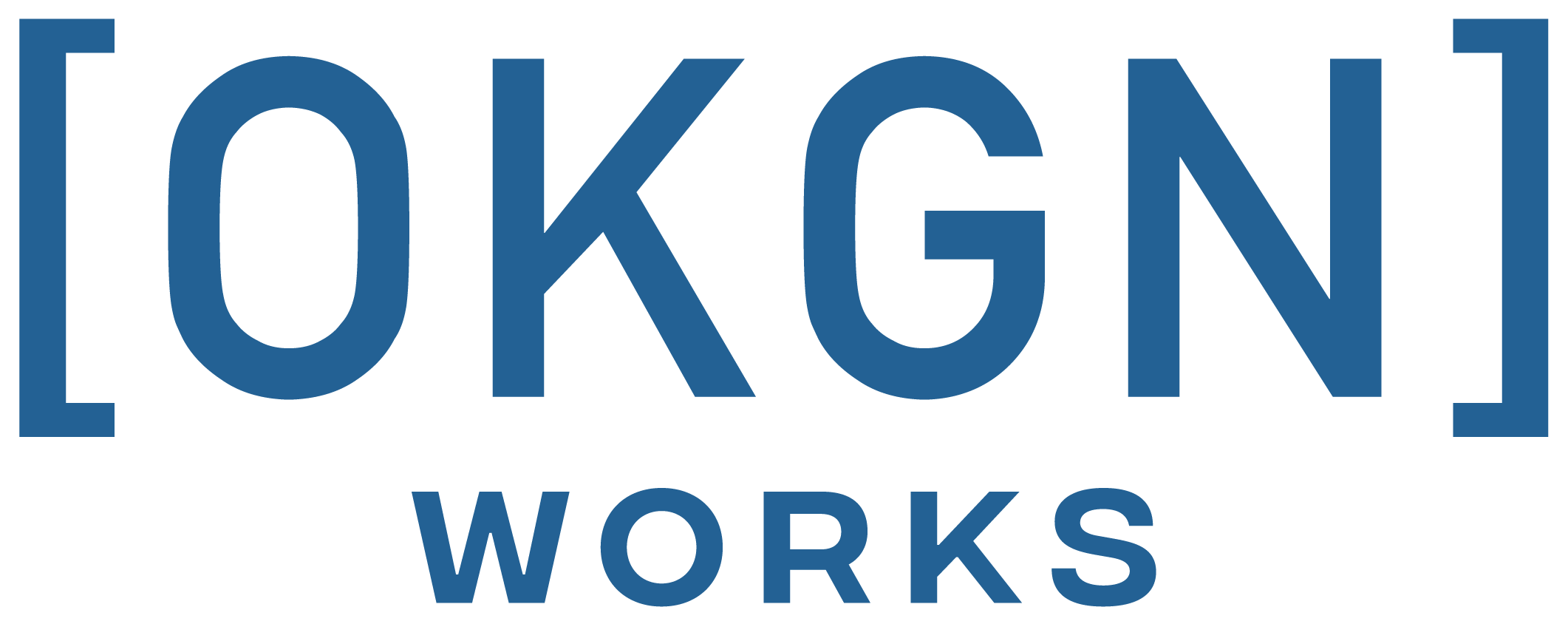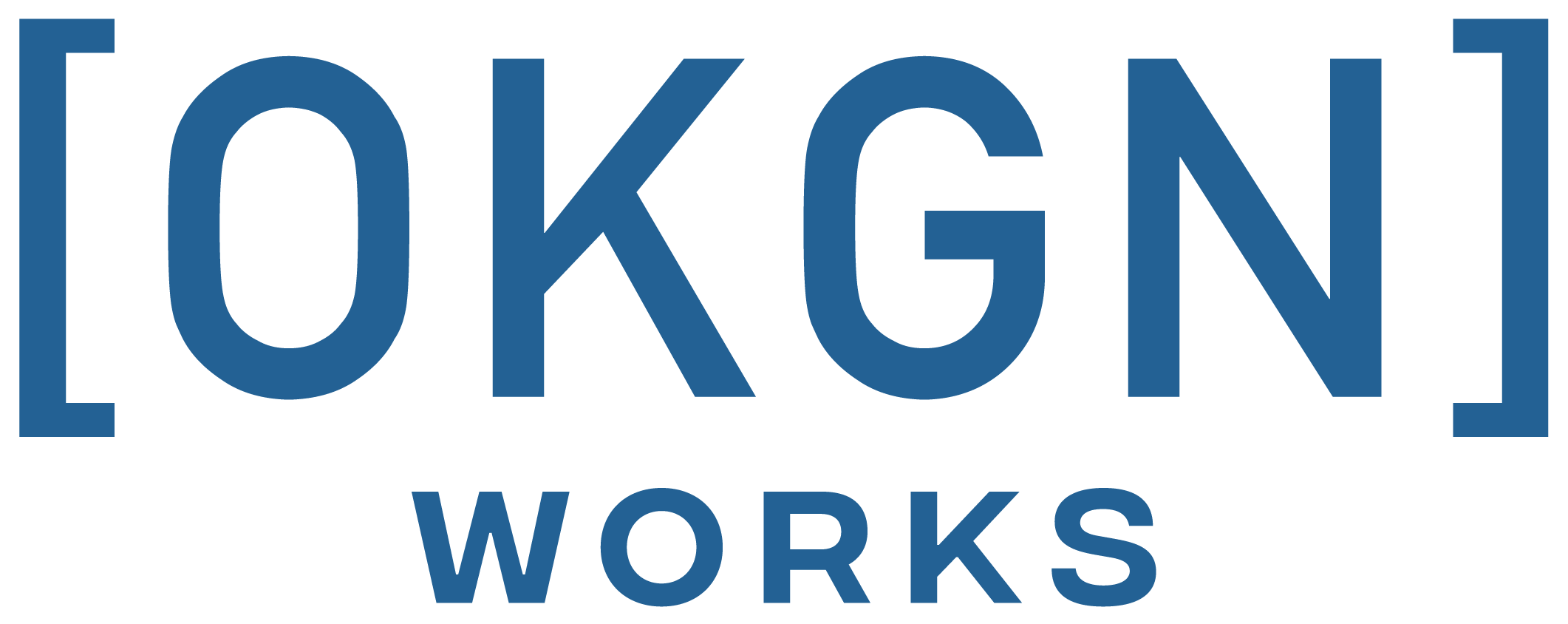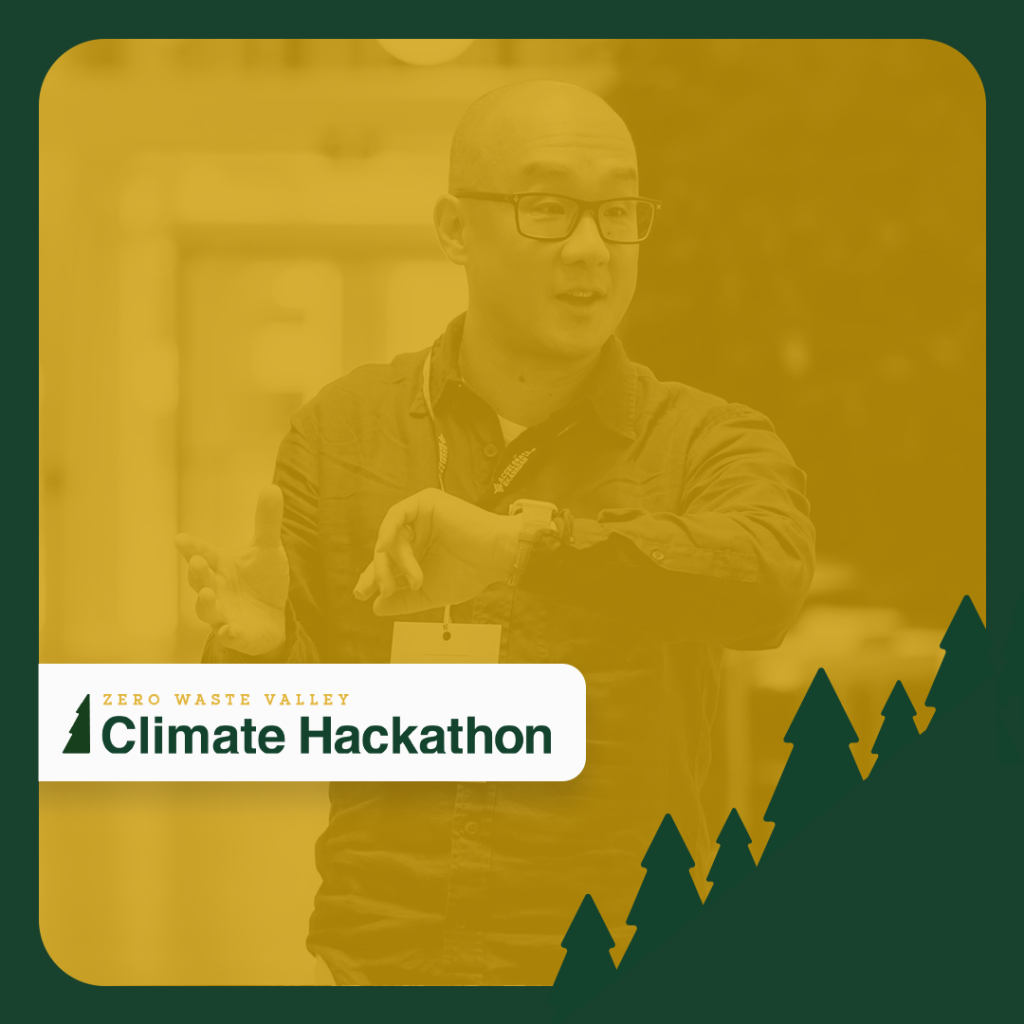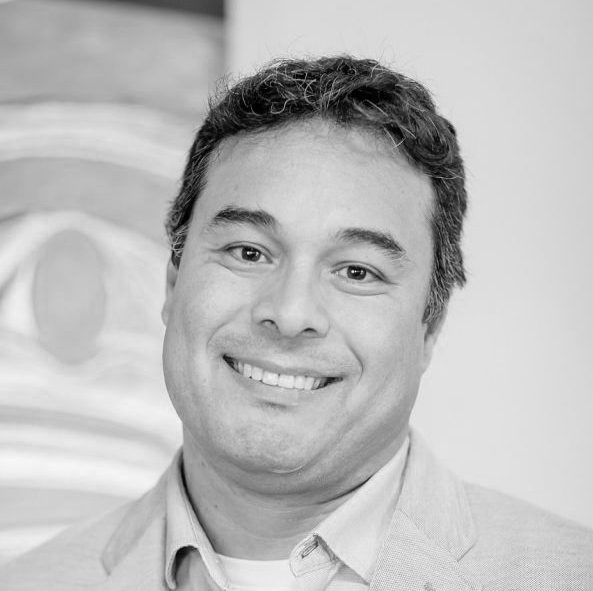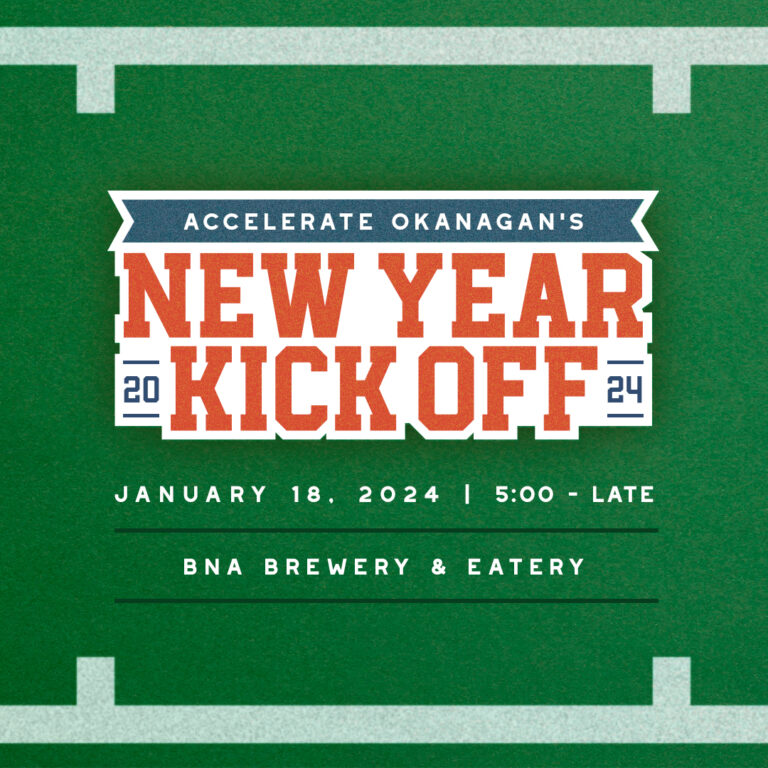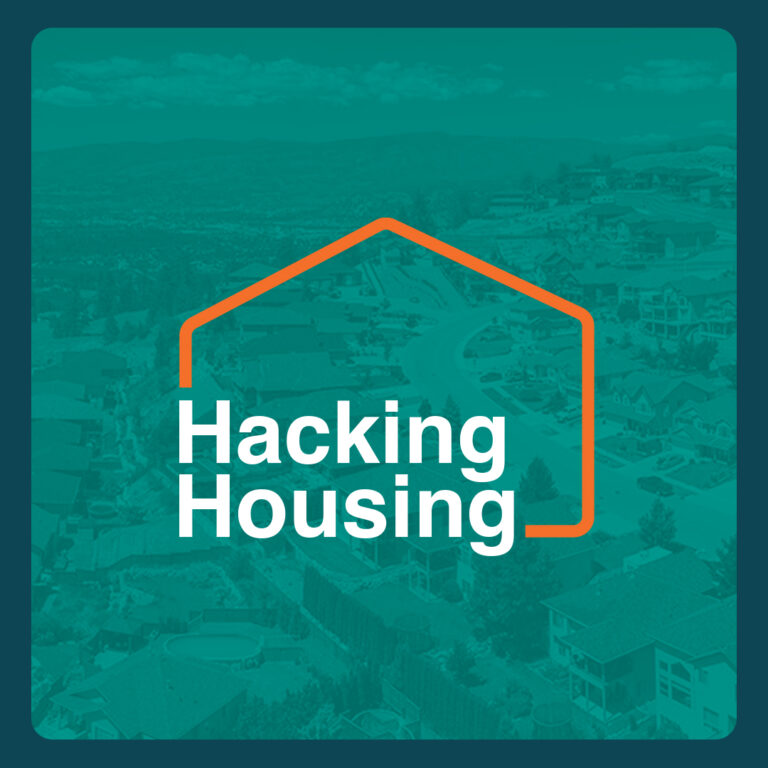Our climate has continued to demonstrate it’s ability to disrupt both our personal lives and businesses in the region. Critical conversations and action are needed to ensure the health and longevity of our ecosystems. This is a challenge that requires creativity, innovation, and urgency across all industries, academic groups and layers of government.
That is why we invited the Okanagan community to the Zero Waste Valley Climate Hackathon to explore innovative solutions and business models that eliminate, or repurpose waste in the Okanagan Valley.
During this whirlwind day of design thinking, connection building, and idea generating, our 23 participating hackers developed an inspiring assortment of solutions to elevate and accelerate sustainability in the Okanagan. From food waste databases to waste-conscious activewear to localized food storage solutions, our judges heard one great idea after the next.
If you weren’t able to attend the event, here’s a look at what you missed >
THE PEOPLE
No matter what your profession or educational background is, everyone brings value to a hackathon. In fact, the more varied perspectives on a team, the stronger their ideas become.
The Climate Hackathon centred on a theme that our community is passionate about. Individuals from all throughout the Okanagan and even from outside the region were in attendance to help address our vision for a zero waste valley.
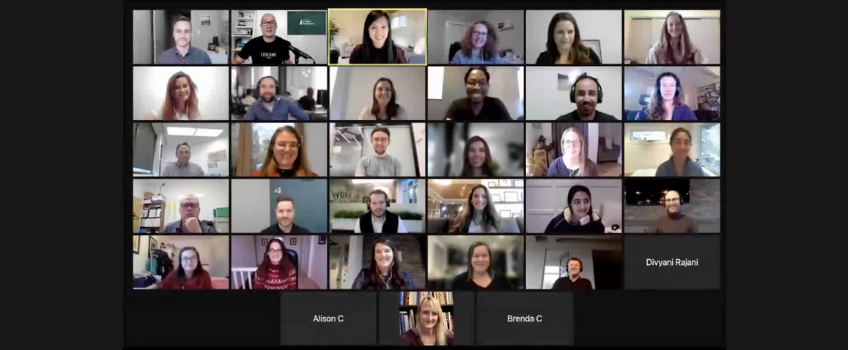
THE CHALLENGE
During the hackathon, teams were formed to create products, services, and feasible businesses aimed at solving a single challenge statement. For this hackathon, we were grateful to work with the Okanagan Sustainability Leadership Council to develop our challenge statement:
How might we accelerate
our region to become a
Zero Waste Valley by 2030?
“Zero waste” refers to utilizing or reducing the organic and inorganic waste currently being burned or buried in our landfills and turning it into commercially viable products. Zero waste initiatives have the potential to turn our waste into valuable resources that can save money, create jobs, and add to the economy in our region.
THE HACKING
The Climate Hackathon was facilitated by Rocky Ozaki and his team at the NoW of Work. Hackathons are rooted in the concept of Design Thinking, a human-centred approach to problem-solving. When using the design thinking process, there are 5 important steps to consider: empathizing with your user, defining their needs, ideating solutions, prototyping those ideas, and testing the prototypes. When working through these steps, you’re constantly reminded of who your solution is for and that it needs to satisfy their challenge.
The hard part? The teams need to develop their ideas and build a concept within 7 hours. Having participants work within this time constraint forces them to brainstorm, delegate and share every idea and thought to make sure the project gets completed.
THE KEYNOTE
Speaking at the event was Greg Hopf and Frank Antoine, co-owners of Moccasin Trails, an award-winning educational tourism business that is deeply rooted in sharing Indigenous cultures. Greg and Frank took the time to share their personal stories of connection and their relationship to mother earth, imploring the audience to learn the importance of only taking what you need and giving thanks for what is provided to you.
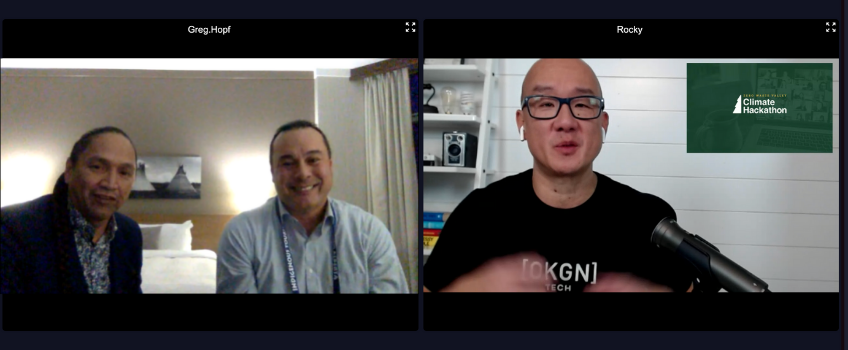
Mother Earth is a living thing. She breathes, she gives us life and she takes it away. We need to honour and pay respect to that. We have to love mother earth the same way we love our family.
THE PITCHES
After 7 hours of building their ideas into viable businesses, each of the 6 teams delivered a 5-minute pitch to a panel of expert judges and enthusiastic audience members. The judges come from varied backgrounds, but all share a passion for climate solutions:
- Janice Larson, Director of the Okanagan Sustainability Leadership Council
- Phil Ashman, Regional Dean at Okanagan College
- Matthew Arruda, Partner and Commercial Risk Advisor for CapriCMW
“Given the challenges we’ve faced over the past year, from the pandemic to serious climate disasters, such enthusiasm and creativity to provide solutions gives me hope for a brighter future,” says Phil Ashman of Okanagan College. From food waste databases to waste-conscious activewear to localized food storage solutions, our judges heard one great idea after the other.
Ultimately, a winner idea was selection. Team “Eh Team” consisting of Anthony Haddad, Ash Rosenthal, Amy Fink and Alison Chan, took home the grand prize for their concept of a food co-op program that would create a localized self-sustainable supply chain. They were the recipients of a prize pack that included a gift card to Chickpeace, lip balms, Spin bike passes, mentorship hours through Accelerate Okanagan as well as Naomi Klein’s This Changes Everything.
Congratulations to all the participants!
THE SUPPORTERS
We were so inspired by the amount of support we received for the Zero Waste Valley Climate Hackathon. The theme of the event resonated with many businesses and they were enthusiastic to contribute in whatever way they could. As a non-profit organization, we wouldn’t be able to host events like this without the support of our incredible sponsors and supporters.
